PostTime:6/14/2021
The characteristics of GTIIT in cultivating comprehensive talents are to combine the cutting-edge professional knowledge, provide abundant practical opportunities to help students master knowledge in different ways. Through the unique curriculum, students deepen the understanding of their programs though presentations, poster sessions, project papers, company visit and internships, and cultivate all-round abilities such as teamwork, innovative spirit and multiple thinking at the same time.
The freshmen from Biotechnology and Food Engineering Program at GTIIT finished their first poster presentation on May 31. This was the final task that students needed to complete in the course "Introduction to Biotechnology and Food Engineering” and also the first oral exam for the freshman students.
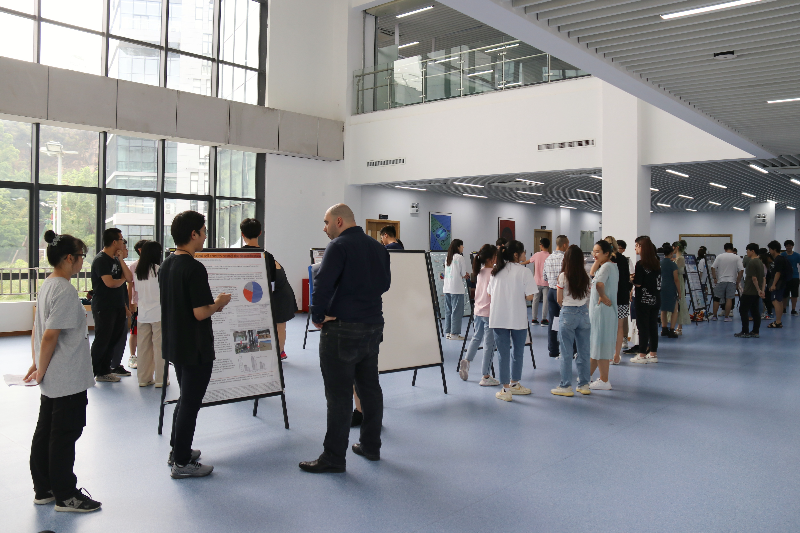
The course "Introduction to biotechnology and food engineering" is the first course that have a direct relation to biotechnology and food engineering, as well as the Capstone Course in the first year of this program. During the course, students learn about the 12 main topics in the field. The final task includes a presentation of scientific problem about current topics in biotechnology and food engineering and its solution. The poster presentation included 15 posters and 62 students divided into several groups.
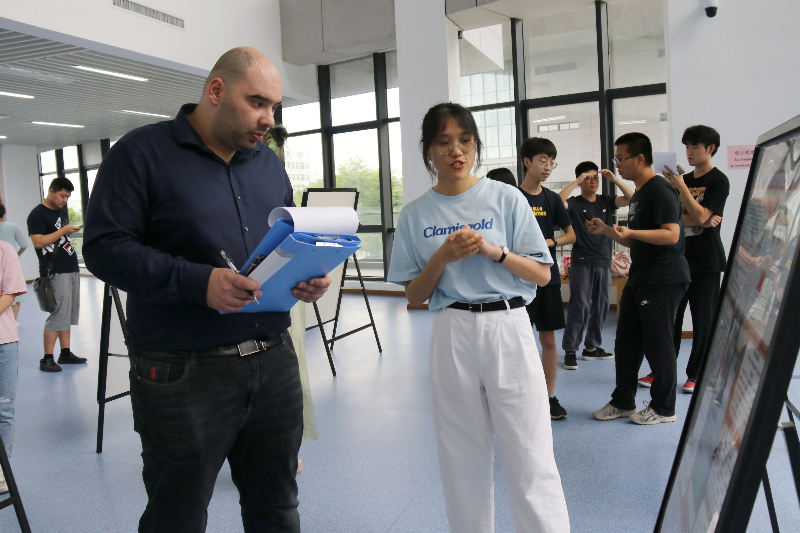
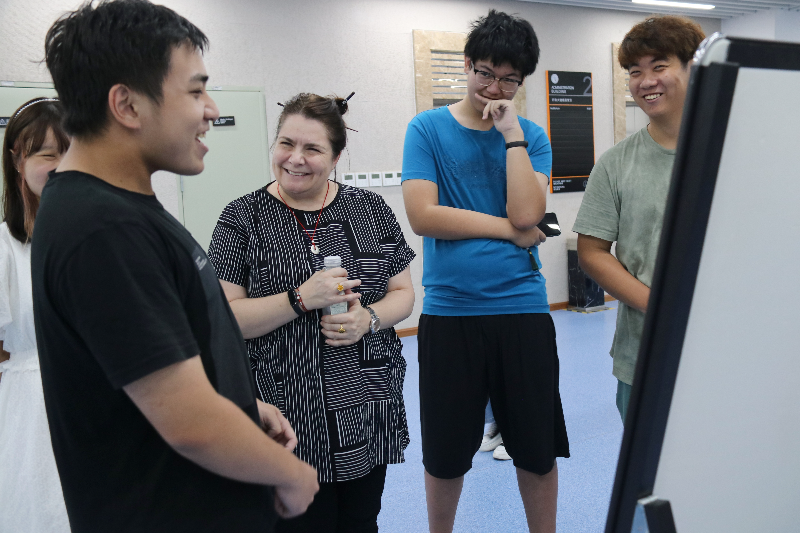
7 judges were invited to the poster presentation. They assessed the overall performance of the group and the individual performance respectively, and comprehensively evaluated the students’ performance from the aspects of visualization, clarity, originality, accuracy, references, etc. 20 invited faculty and admin staff also asked questions and shared ideas about the students' presentations on site.
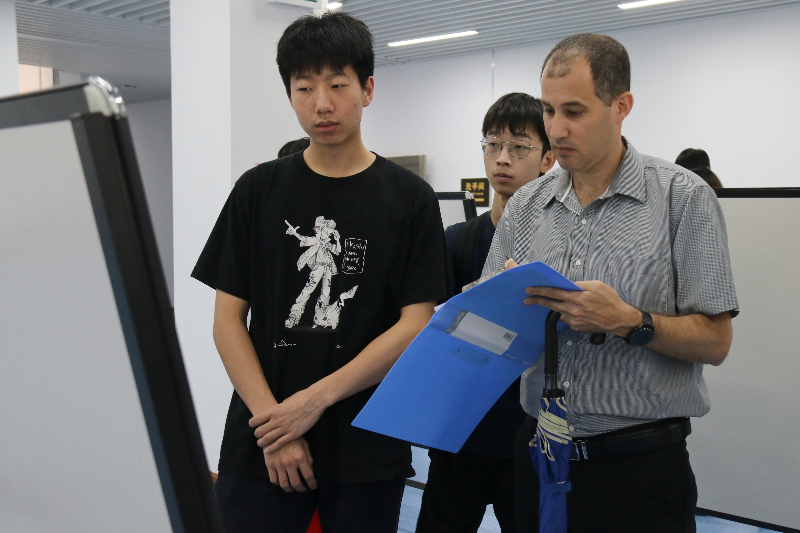
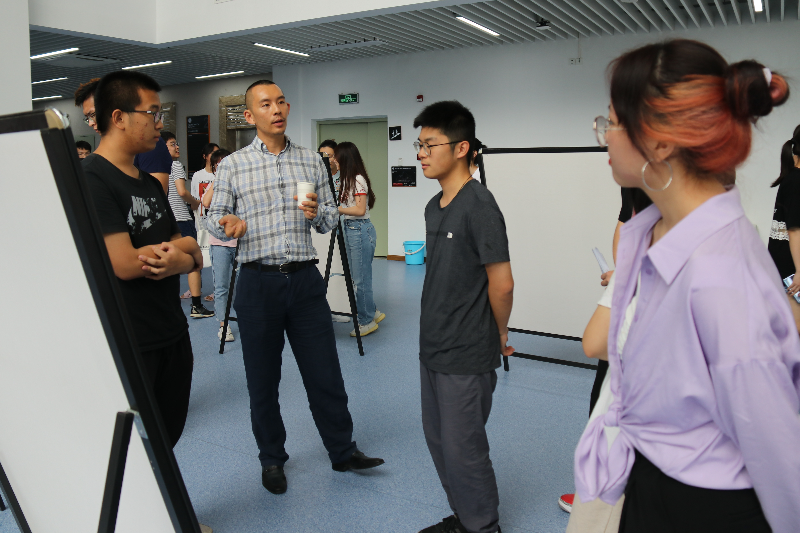
Students combined what they learned in class with practical application, focusing on issues closely related to human production and life. Ye Peijia and her teammates found that soilless culture was not suitable for areas with severe desertification. Aeroponics is more efficient and can be further combined with smart agriculture. Chen Haoyan and her teammates found that meat adulteration disturbed the normal market order, so they studied the detection of meat product adulteration by electrochemical immunosensor based on IgG. Liang Tianze's group studied the nutrient circulation and its advantages in soilless culture.
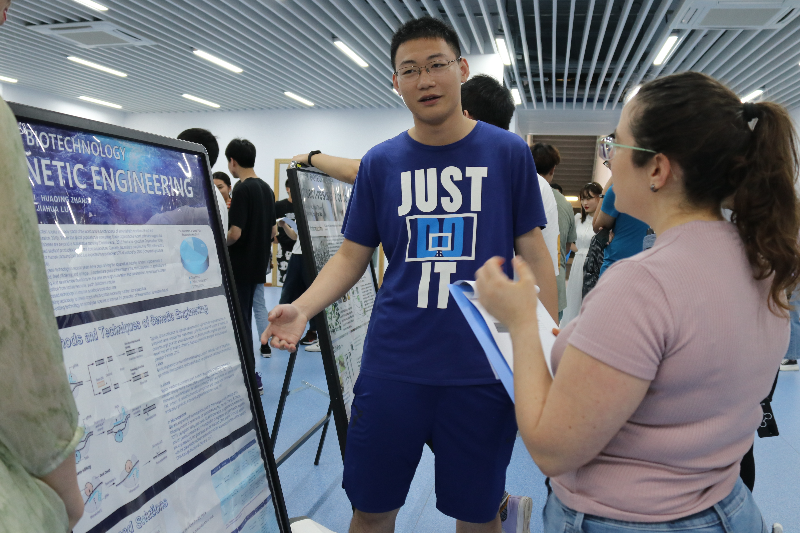
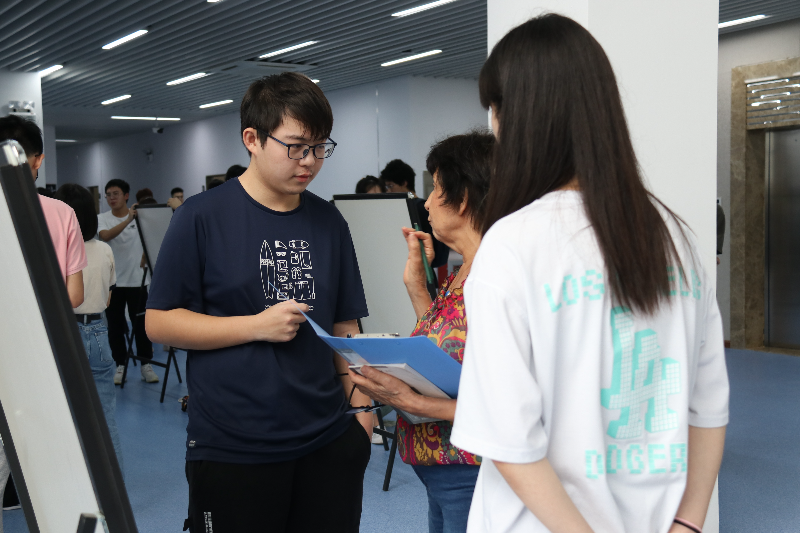
Alex Samusev, the organizer of the poster presentation spoke highly of the students’ performance. “It was the first poster and a first oral exam for the freshman students. Students’ performance was outstanding on both the visual and an academic level. All the judges that came from and outside the faculty was impressed by the students' performances.”
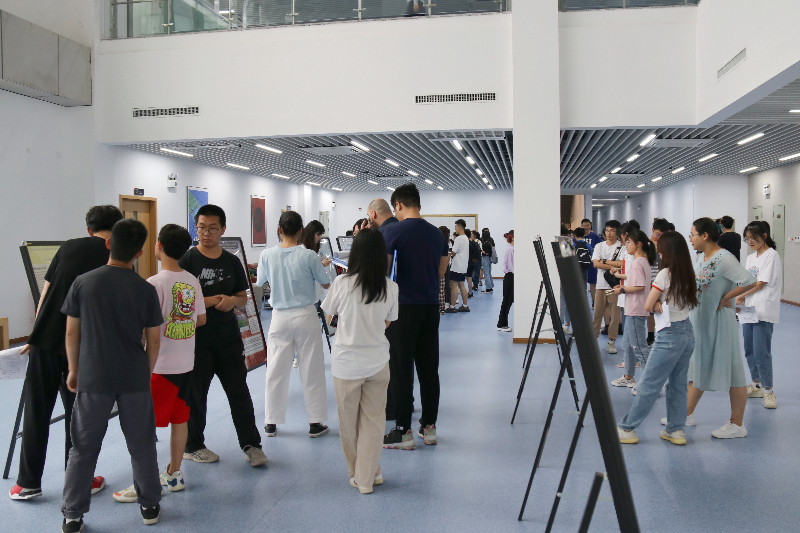
Text/Photos: GTIIT News & Public Affairs
© GUANGDONG TECHNION-ISRAEL INSTITUTE OF TECHNOLOGY | 粤ICP备17036470号
